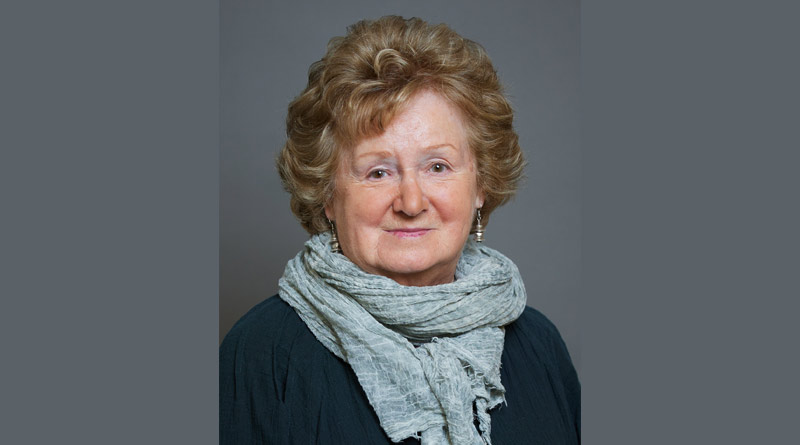‘When is the Help Coming?’ Lords Committee Challenges Government to Urgent Reforms in Adult Social Care.
Baroness Andrews is the Chair of the House of Lords Adults Social Care Committee
“We all want to live in the place we call home, with the people and things we love, in communities where we look out for one another, doing what matters to us.”
Social Care Future
A House of Lords report published today (Thursday 8 December) warns that the continued invisibility of the adult social care sector as a whole is increasingly damaging to both those who draw on care and who provide unpaid care at a time of increasing need, rising costs and a shrinking workforce.
After hearing from a range of witnesses, including disabled adults and older people, carers, service providers, local authorities, and academics, the Adult Social Care Committee’s report A “gloriously ordinary life”: Spotlight on adult social care sets out a new approach to adult social care which calls on the Government to commit to a more positive and resilient approach to adult social care based on greater visibility for the whole sector, as well as greater choice and control for disabled adults and older people and a better deal for unpaid carers.
To achieve this means that the Government must:
1. Make adult social care a national imperative by:
• delivering realistic, predictable and long-term funding;
• delivering a properly resourced plan for supporting a highly valued workforce, building skills and remedying low pay;
• establishing a powerful Commissioner for Care and Support to strengthen the voice and identity of the sector;
• finally and fully implementing the principles of the Care Act 2014, rooted in wellbeing, choice, and control;
• ensuring that the voice of social care is loud and clear within Integrated Care Systems.
2. Prepare for the future by:
• recognising that more people will be ageing without children
• investing in better knowledge and data to inform better policy.
3. Ensure people who draw on social care have the same choice and control over their lives as everybody else by:
• enabling disabled people and older adults a genuine choice as to who supports them and access direct payments more easily;
• providing accessible housing and assistive technology to achieve independent living;
• working with social care staff to promote the skills to co-produce care;
• enabling people to determine who supports them, and what relationship they want with their family and friends
4. Caring for unpaid carers by providing:
• easier access to, and an increase in Carer’s Allowance;
• more flexible support for carers who work, including the implementation of Carer’s Leave;
• more support from health and social care professionals to identify them, signpost support, and ensure that they get it.
Baroness Andrews, Committee Chair, said:
“In this report we have revealed the impact that the invisibility of the adult social care sector as a whole has on the way we perceive and provide for adult social care. Our recommendations are intended to bring those who draw on and provide unpaid care into the daylight and that starts with changing the perceptions around care, providing the realistic financial and workforce strategies that are long overdue, and planning for a system responsive to present needs and resilient for the future.
“All that will help the unpaid carer now so often at risk of poverty and ill health with a better future. But we want a better present for them too – and our specific recommendations for their support will deliver that.”






